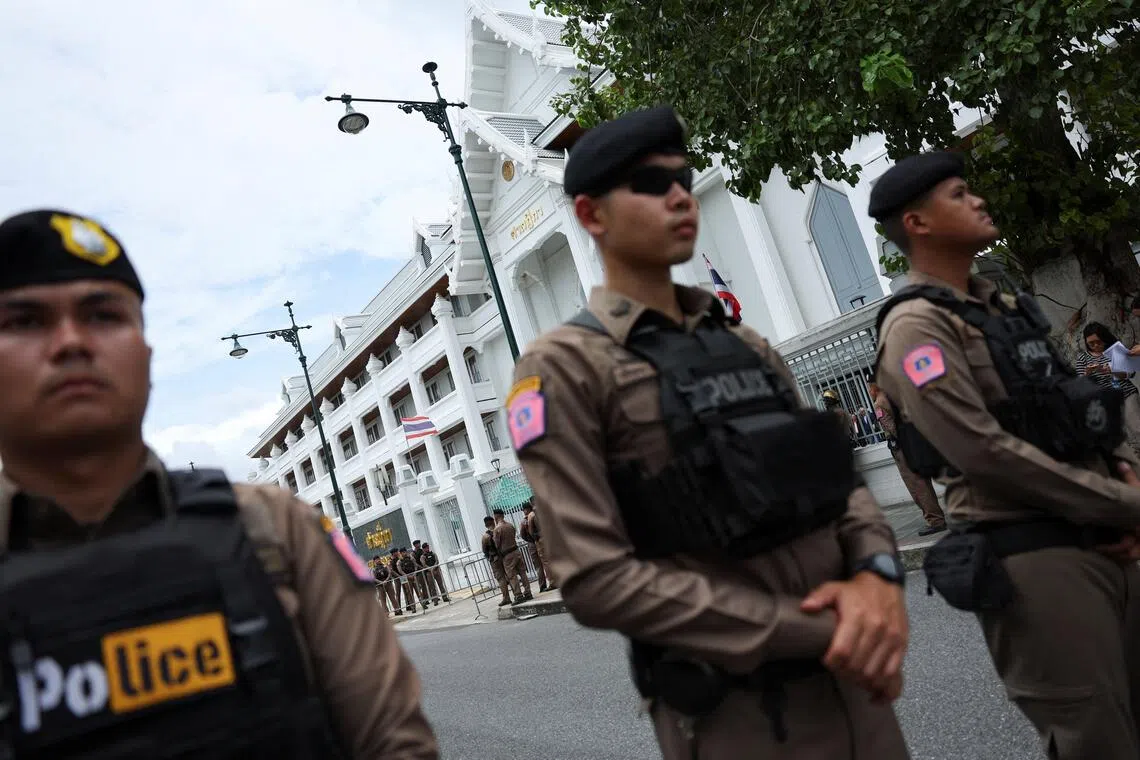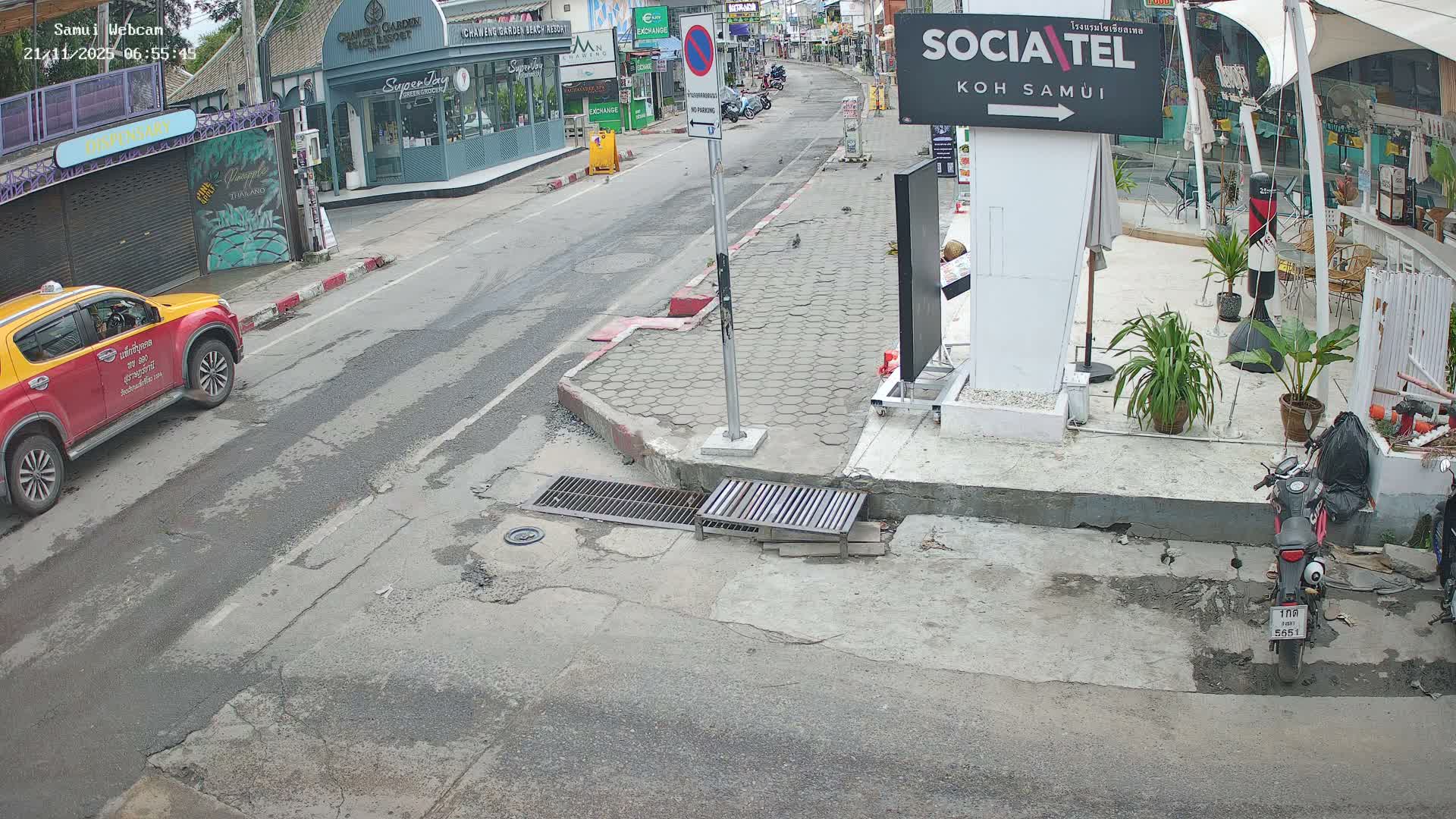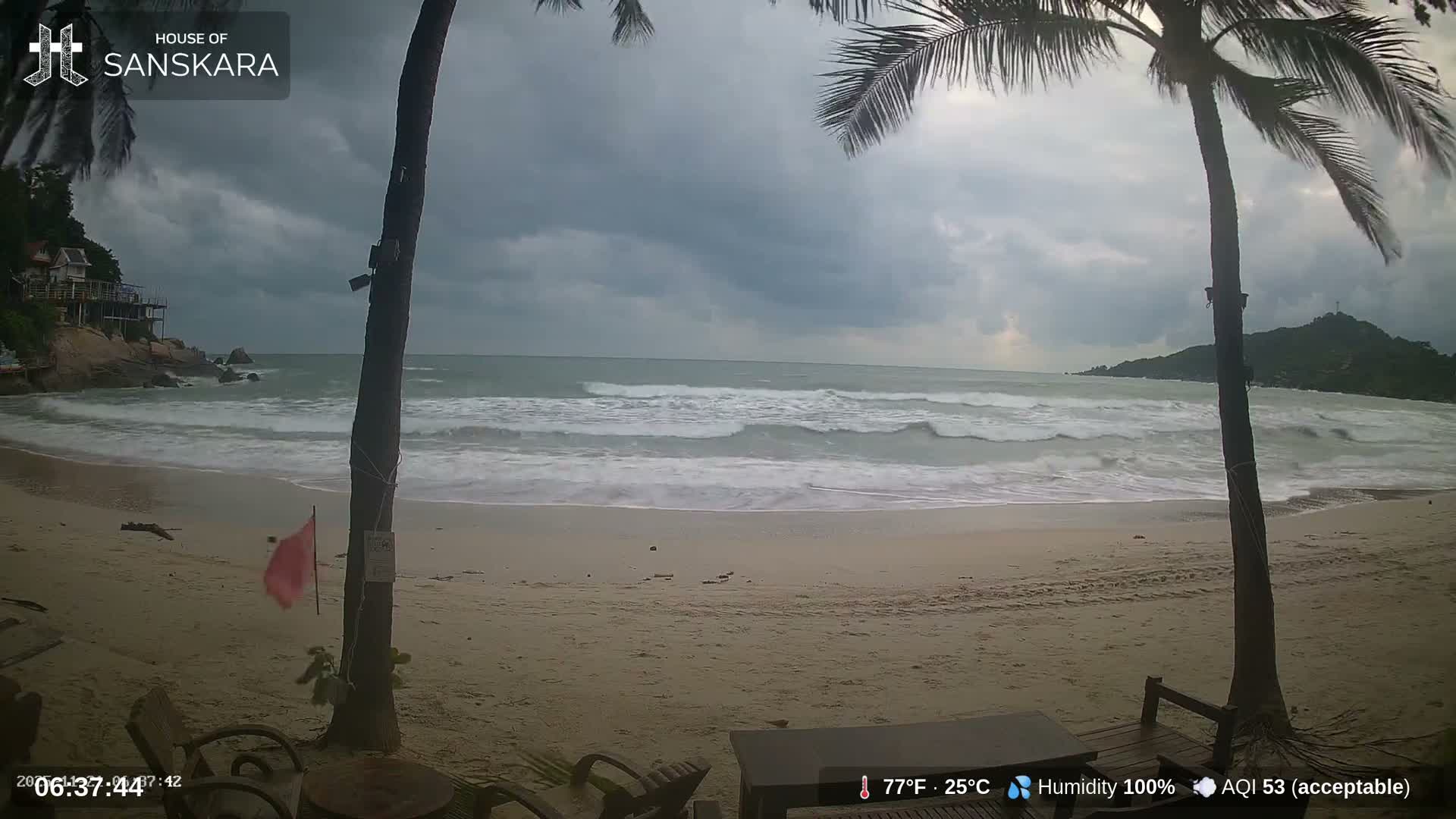Thai Prison Scandal: 'Grey Chinese' Crime Bosses Exposed as VVIPs in Bangkok Remand, Sparking Major Investigation & Transfers
 Thailand
Crime & Corruption
Thailand
Crime & Corruption

A major scandal rocks Bangkok Remand Prison as 'Grey Chinese' crime bosses are exposed enjoying VVIP treatment, luxury perks, and contraband. A probe led to pri
Thai Prison Corruption Uncovered: 'Grey Chinese' Inmates Enjoy VVIP Status at Bangkok Remand
A significant corruption scandal has erupted within Thailand's correctional system, specifically at the Bangkok Remand Prison, revealing how affluent “Grey Chinese” inmates allegedly transformed parts of the facility into personal luxury enclaves. This revelation led to the swift transfer of the prison's chief and multiple officers, prompting a full-scale investigation by the Corrections Department.
For years, whispers circulated about local “godfathers” holding sway in Thai prisons. However, new evidence suggests a darker reality: powerful Chinese transnational crime bosses have allegedly purchased VVIP status, enjoying lavish comforts and defying standard regulations behind bars.
The Unveiling of VVIP Privileges
The scandal broke on November 20th following the abrupt transfer of the Bangkok Remand Prison chief by the Justice Ministry. This move was triggered by persistent allegations that the warden and a complicit network of officers had granted special, unlawful privileges to “Grey Chinese” inmates – Chinese nationals embroiled in online scam syndicates and other transnational criminal activities. Complaints from other inmates, particularly Thai prisoners feeling bullied and treated as second-class citizens, had mounted over several years.
Investigations were often thwarted by “moles” within the prison, who allegedly tipped off inmates about impending checks, allowing contraband to be hidden. To circumvent this, a secret “special team” raid was finally conducted without prior notice, uncovering compelling physical evidence of widespread rule-breaking.
The Case of She Zhijiang: A Scammer Kingpin's Prison Paradise
One of the most prominent cases involved She Zhijiang, dubbed the “scam city kingpin” for his alleged role in Myanmar's Shwe Kokko complex. Held at Bangkok Remand Prison from 2022 to 2023 awaiting extradition to China, She was at the center of numerous complaints regarding blatant VIP treatment. This included:
- Undisputed Leadership: Acting as the de facto leader among all Chinese inmates.
- Personal Comforts: Maintaining long hair, unlike other inmates, and enjoying hotel-style amenities like large speakers.
- Exemptions: Skipping mandatory headcounts and group activities.
- Hired Help: Employing Thai prisoners as personal attendants, leveraging money and influence.
- Luxury Lifestyle: Smoking cigars and consuming high-end food brought from outside.
- Bribery Allegations: Reportedly paying around 100,000 baht (S$4,000) per “favor” to corrupt officials.
Though She was eventually transferred to Klong Prem Central Prison to alleviate tensions and later extradited to China, the systemic issues at Bangkok Remand Prison persisted, with other affluent “Grey Chinese” inmates allegedly continuing to buy comfort and exert influence.
Contraband and "Private Kingdoms" Uncovered
The covert raid yielded “clear, physical evidence” of prohibited items, particularly within zones dominated by “Grey Chinese” inmates. These illicit goods fell into two main categories:
- Personal Contraband: Sharp objects, blades, cigarettes, lighters, and even condoms were found, transforming these zones into private “kingdoms” within the prison walls.
- Electrical Appliances & Comfort Items: Microwave ovens, electric kettles, and special bedding were seized, items typically forbidden.
Investigators are probing how these items entered the prison. Preliminary findings suggest they were often disguised as “donations” meant for communal use but diverted, or brought in by staff under the guise of personal property, then supplied to select inmates. Furthermore, parts of the facility had been effectively cordoned off as “special zones” accessible primarily to privileged “Grey Chinese” inmates, where they could enjoy these amenities in private. There are also reports of corrupt officers facilitating the entry of premium food, cigars, and expensive drinks.
Systemic Vulnerabilities and The Path Forward
The scandal highlights deep structural vulnerabilities within Thailand's prison management. While “Grey Chinese” inmates were prominent, major drug traffickers with significant financial resources were also said to enjoy similar advantages. The allegations even extended to claims of Chinese models being brought in for entertainment, though a former Corrections Department executive could not confirm the existence of such “secret rooms,” he acknowledged that contraband inflow via staff or weak screening points is a persistent issue.
Mr. Manop Chomchuen, the transferred Bangkok Remand Prison chief, had only assumed his role in November 2024. His career background, including previous prison chief appointments and a stint at the Office of Justice Affairs, was mentioned alongside his recent testimony in the controversial case of former prime minister Thaksin Shinawatra's hospital transfer.
Under the direct order of Justice Permanent Secretary Ms. Pongsawat Neelayothin, the current shake-up involves the transfer of the prison chief and 14 to 19 officers implicated in supervising the “Grey Chinese” detainees. A fact-finding committee has been established to meticulously investigate all allegations. The Corrections Department has vowed to enforce its “Five Steps of Change” policy, emphasizing transparency and strict adherence to regulations, promising disciplinary action against all guilty staff to safeguard the integrity of Thailand's correctional system.
The ease with which foreign visitors, even “model-like” women, accessed inmates due to difficulties in verifying family links for foreign nationals, further exposed systemic loopholes. Thai inmates who spoke Chinese were reportedly hired as personal assistants, and the detention zones for Chinese inmates were internally stratified, indicating a structured criminal presence.
This scandal lays bare not only the pervasive influence of “Grey Chinese” crime networks within Thailand's justice system but also critical weaknesses in prison administration that have allowed money and collusion to transform punishment into privilege. The efficacy of this current shake-up in dismantling these deeply entrenched networks remains a significant challenge.


